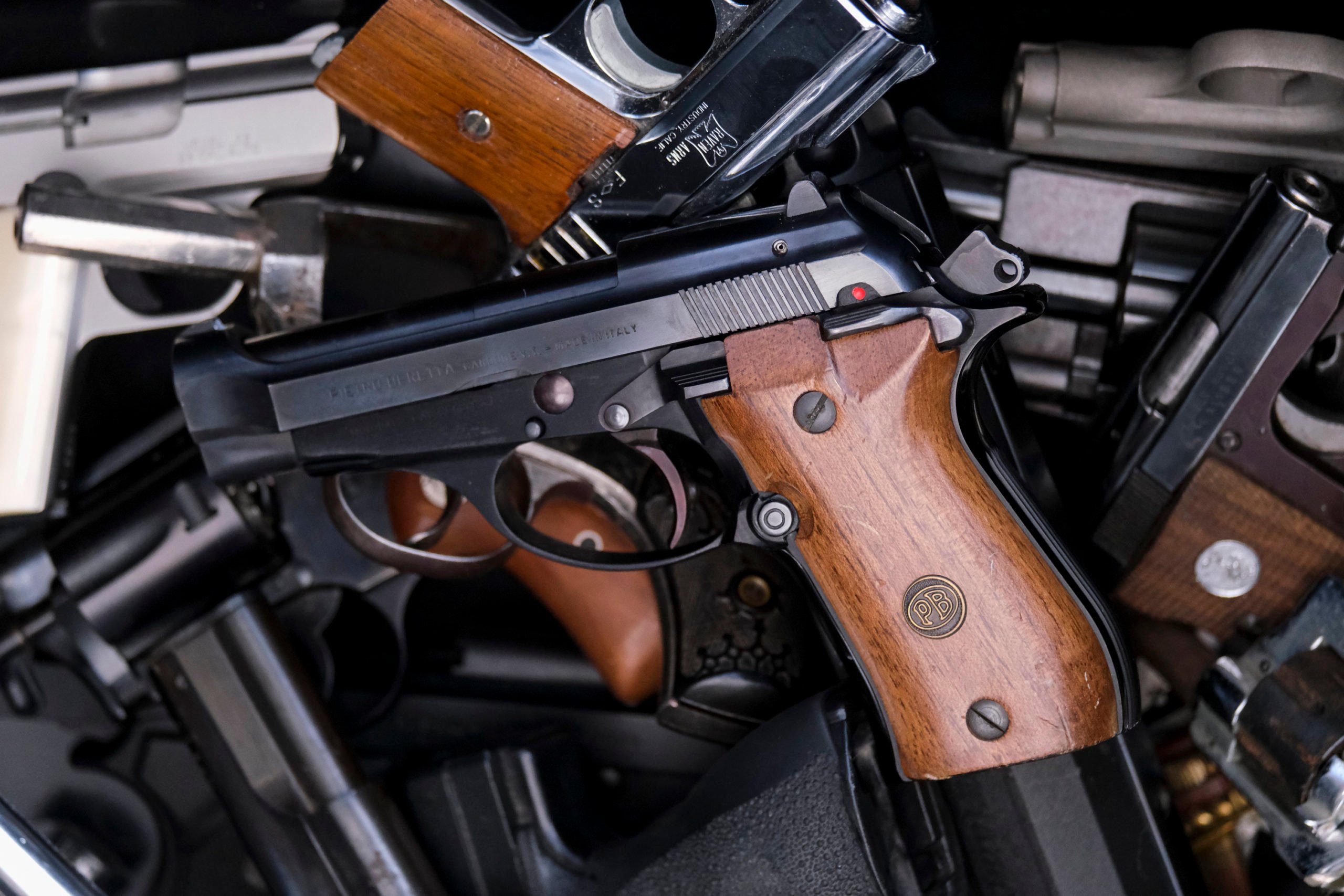What To Know Today
NEW from THE TRACE: ‘Outrageous’: California lawmakers demand oversight, penalties for police departments that fail to properly use gun database. That comes after our investigation with NBC Bay Area, published earlier this month, found widespread problems with how California police and sheriff’s departments were logging firearms into a crime gun database, thereby potentially missing out on thousands of leads. “It is outrageous and upsetting when agencies don’t do their job, period. In this case, it is a matter of life and death,” Assemblymember Cottie Petrie-Norris, the chair of the Assembly’s Accountability and Administrative Review Committee, told us. “Since the departments are not fulfilling their legal responsibilities, it merits immediate and thorough oversight.” Champe Barton has the follow-up here.
Children entering pediatric ICUs with gun injuries have higher mortality rates, are disproportionately nonwhite. Black children were about 14 percent of the total patient population but suffered 45 percent of critical gun injuries and about 30 percent of gun deaths, according to researchers at the University of Maryland School of Medicine, Baltimore. Looking at 1,447 cases from 2009 through 2017 in a nationwide database of pediatric ICUs, they also found that the mortality rate for children admitted to such facilities was five times higher than average ICU patient mortality rate for all other causes. About two-thirds of cases were a result of unintentional firearm injury, while patients admitted for suicide attempts had the highest mortality rates. The findings were published in the Pediatric Critical Care Medicine journal. “This is all our lane, and we must all work together to advance pediatric critical care firearm injury prevention research and advocacy,” reads an accompanying article citing the findings.
New York now has its own map of places where you can safely store guns. The New York Firearm Storage Map, launched by the Regional Gun Violence Research Consortium at the Rockefeller Institute of Government, shows 188 public locations across the state where gun owners can temporarily and legally store their firearms for any reason. Five other states have similar maps, which advocates say can be especially helpful for gun owners who want to remove guns from their homes for fear they’ll be stolen or used by someone having a mental health crisis.
A third of the people LAPD officers shot this year are thought to have had mental illness. The Los Angeles Times cites mental health officials and advocates saying the police need to enlist more clinicians to advise officers during crisis calls. The paper also lays blame on the broken mental health care system in the U.S., which often offers crisis treatment but not long-term care and support. “The bottom line is that the mental health systems in this country, and this state and this county, are completely inadequate,” said Dr. Jonathan Sherin, LA County’s director of mental health. “We have what I call the open-air asylum of the street, and the closed-air asylum of the jail.” Related: We’ve reported on the growing national movement to remove officers from calls for people in crisis.
Don’t miss: “Shots Fired.” Tonight, “Frontline” and The Salt Lake Tribune premiere a new investigation about police shootings in Utah in the last decade. With no state government entity keeping track of shootings by the police, the outlets started tracking it on their own. They found that the vast majority of the 226 shootings recorded in the past decade were ruled justified, and racial and ethnic minorities were overly represented among the victims. The documentary also marks the first nationally broadcast video documentary from “Frontline’s” new Local Journalism Initiative.
Data Point
$127.5 million — the settlement agreed to by the Justice Department for 40 survivors and families of the victims of the 2018 Parkland shooting because of the FBI’s failure to sufficiently investigate tips about the perpetrator. [The Washington Post]

